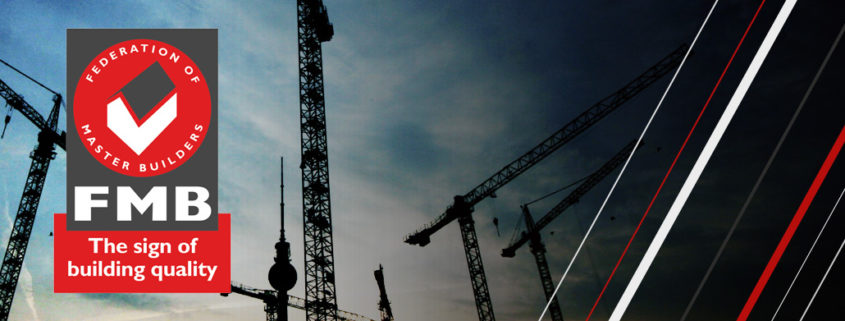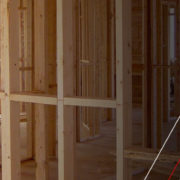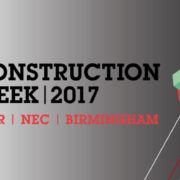Construction Industry on the rise with positive results for the beginning of the year.
The Federation of Master Builders (FMB) have published their quarterly State of Trade Survey for 2017. According to the FMB Chief Executive Brian Berry, the start to 2017 proved to be a positive one for the UK’s small to medium construction companies .
Berry also commented that the first quarter of this year saw growing workloads in every devolved nation and English region, with particularly strong results in Wales, Scotland and Northern Ireland. Against a background of significant political uncertainty, including Brexit and the General Election, this demonstrates a resilience in our sector that can sometimes go underappreciated. All of the key metrics of growth – workloads, enquiries, employment and expectations – were positive. However, these encouraging findings are dampened somewhat by continuing price inflation, with material and wage increases being widely reported. The remainder of the year will undoubtedly provide its challenges, but in the short term at least, builders are confident about their prospects.
The key statistics were as follows:
Workloads grew markedly in every region and nation of the UK
85% of builders believe that material prices will rise in the next 3 months.
In the three months to March 2017, small to medium businesses workloads showed rising levels of activity. More firms reported higher workloads compared with the previous quarter (35% vs 32%), while fewer businesses reported lower workloads (14% vs 20%).
Over the next three months businesses are predicting an increase in activity levels. The share of respondents forecasting higher workloads went up to 50% from 26%. In contrast, firms anticipating lower workloads declined to just 5% from 21% during the latter part of 2016
Output prices, wages and salaries and material costs are all predicted to increase over the next six months
Approximately 14% of businesses stated higher workloads, up from 9%, while those reporting lower levels decreased to 9% from 26%. However, just over three quarters of firms (77%) stated no change in workloads.
Around 50% of businesses are forecasting higher residential workloads over the next three months, up from 26%, while just 5% of respondents anticipate lower workloads, down from 21%.
For non residential workloads, around 23% of businesses forecast higher workloads, up from 15%, while just 7% of firms expect lower workloads, down from 18%. Approximately 70% of the respondents forecast no change in workloads, up from 66% in the previous quarter.
Bricklayers were reported as being the most difficult to recruit in the first quarter of this year. Carpenters/joiners, site managers and plumbers and HVAC trades were also hard to come by. In contrast, fewer respondents had difficulties hiring scaffolders and floorers in comparison with other trades.
So, its a positive time for the construction industry with figures on the rise. Post Brexit construction is likely to have to find its feet, but with workloads increasing and customers not being put off by the Brexit unknown, construction can continue to grow and play an important part in our economy.












Leave a Reply
Want to join the discussion?Feel free to contribute!